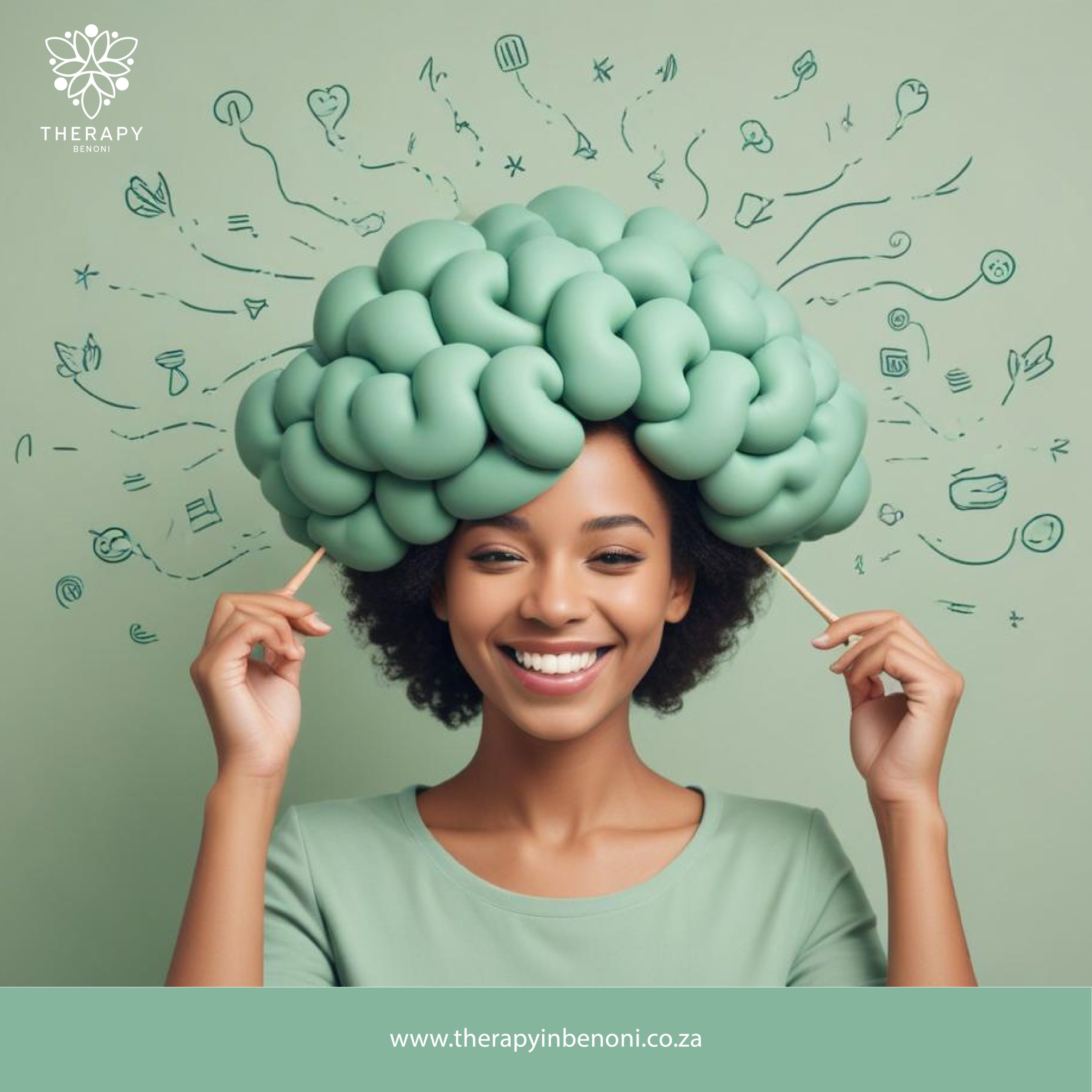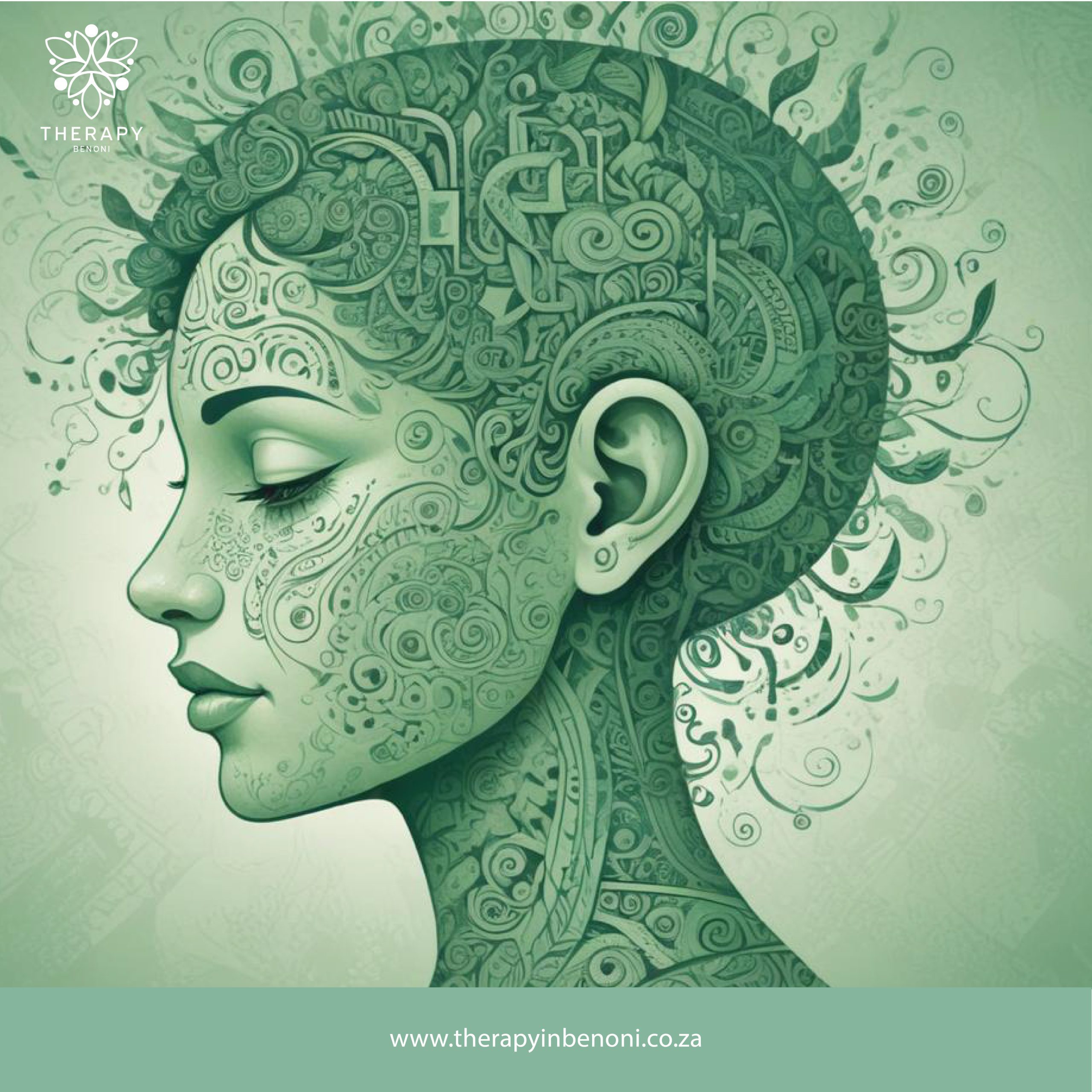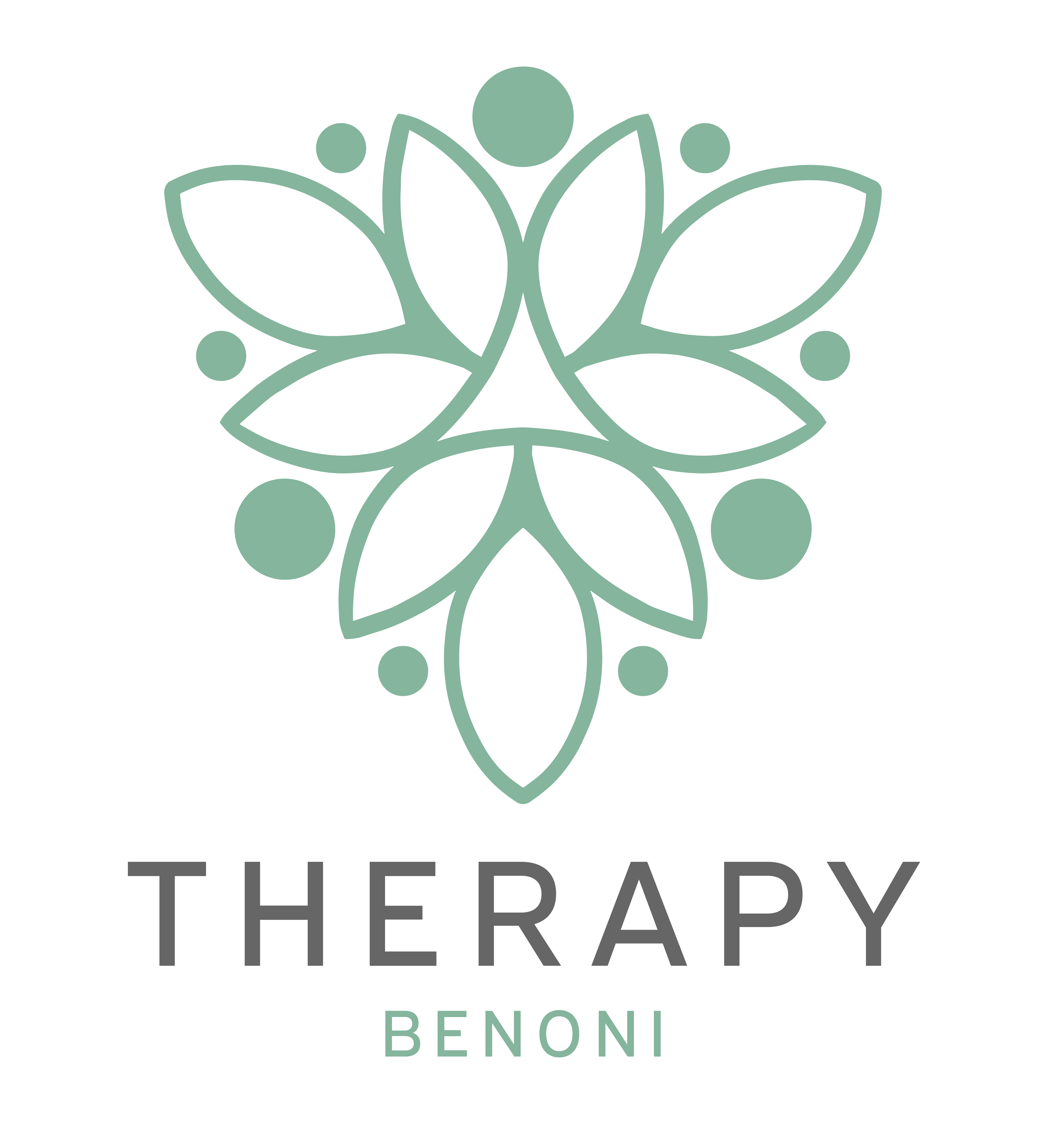Effective ADHD Behavioral Therapy Techniques in Boksburg
Behavioral Therapy for ADHD in Children in Boksburg
Introduction to Behavioral Therapy for ADHD
Behavioral therapy for children with ADHD in Boksburg focuses on adjusting behaviors through structured interventions. Therapy in Boksburg utilizes tailored approaches to help children improve focus, manage impulsivity, and enhance social skills. Effective techniques include behavior modification and reinforcement strategies.

Behavior Modification Techniques
Key techniques in behavior modification involve positive reinforcement, setting clear expectations, and consistent routines. These methods are vital in helping children with ADHD develop better habits and reduce problematic behaviors. Each strategy is customized to suit individual needs.

Role of Reinforcement
Reinforcement plays a crucial role in behavioral therapy for ADHD. Positive feedback and rewards motivate children to change their behaviors. Therapy in Boksburg emphasizes the importance of reinforcing good behaviors frequently to ensure lasting changes.
Structuring the Environment
Creating a structured environment is essential for children with ADHD. Organized spaces and a consistent schedule help minimize distractions and improve concentration. Our therapists work with families to create a conducive environment at home and school.
Social Skills Training
Improving social interactions is a focus of behavioral therapy for children with ADHD. Through role-playing and group sessions, children learn to navigate social situations more effectively. These activities help them build confidence and better interact with peers.


Cognitive Behavioral Techniques
Cognitive behavioral techniques are integrated into therapy sessions to address thought patterns that influence behaviors. Teaching children to recognize and modify their thoughts can significantly impact their actions and reactions in various situations.
Cognitive behavioral techniques are integrated into therapy sessions to address thought patterns that influence behaviors. Teaching children to recognize and modify their thoughts can significantly impact their actions and reactions in various situations.

Use of Technology
Technology is increasingly being used in behavioral therapy for ADHD. Apps and digital tools designed for therapy assist in maintaining engagement and tracking progress. These tools are particularly appealing to children and help keep them motivated.
Monitoring and Adjustment
Continuous monitoring of behaviors and therapy outcomes is crucial. Adjustments are made based on the child’s progress, ensuring that the therapy remains effective. Regular feedback sessions with parents and teachers are part of this ongoing process.


Group Therapy Sessions
Group therapy sessions provide a platform for children with ADHD to practice new skills with peers. These sessions foster a supportive environment where children learn from each other and gain social support.
Challenges in Therapy
Addressing challenges and setbacks is part of the behavioral therapy process. Our therapists are trained to handle these situations with care, helping children overcome obstacles and continue their progress.

Training for School Staff
Training school staff on how to support children with ADHD is essential. Workshops and seminars provided by our therapists educate teachers and administrators on effective strategies to assist these students in the classroom environment.
Holistic Approaches
A holistic approach to therapy considers all aspects of a child’s life. Nutrition, physical activity, and sleep are incorporated into the therapy plan, addressing the child’s well-being from multiple angles.

Preventative Strategies
Implementing preventative strategies helps reduce the onset of more severe behavioral issues. Early intervention is key in managing ADHD symptoms effectively from a young age.

Building self-esteem is critical for children with ADHD. Therapy focuses on strengthening their sense of self-worth and abilities, empowering them to face daily challenges with confidence.
Future Planning
Future planning involves setting long-term goals for children with ADHD. These goals guide the therapy process and prepare the child for future challenges and opportunities.
Community Resources
Connecting families with community resources provides additional support outside the therapy sessions. Local support groups and educational programs can enhance the family’s ability to manage ADHD symptoms effectively.
